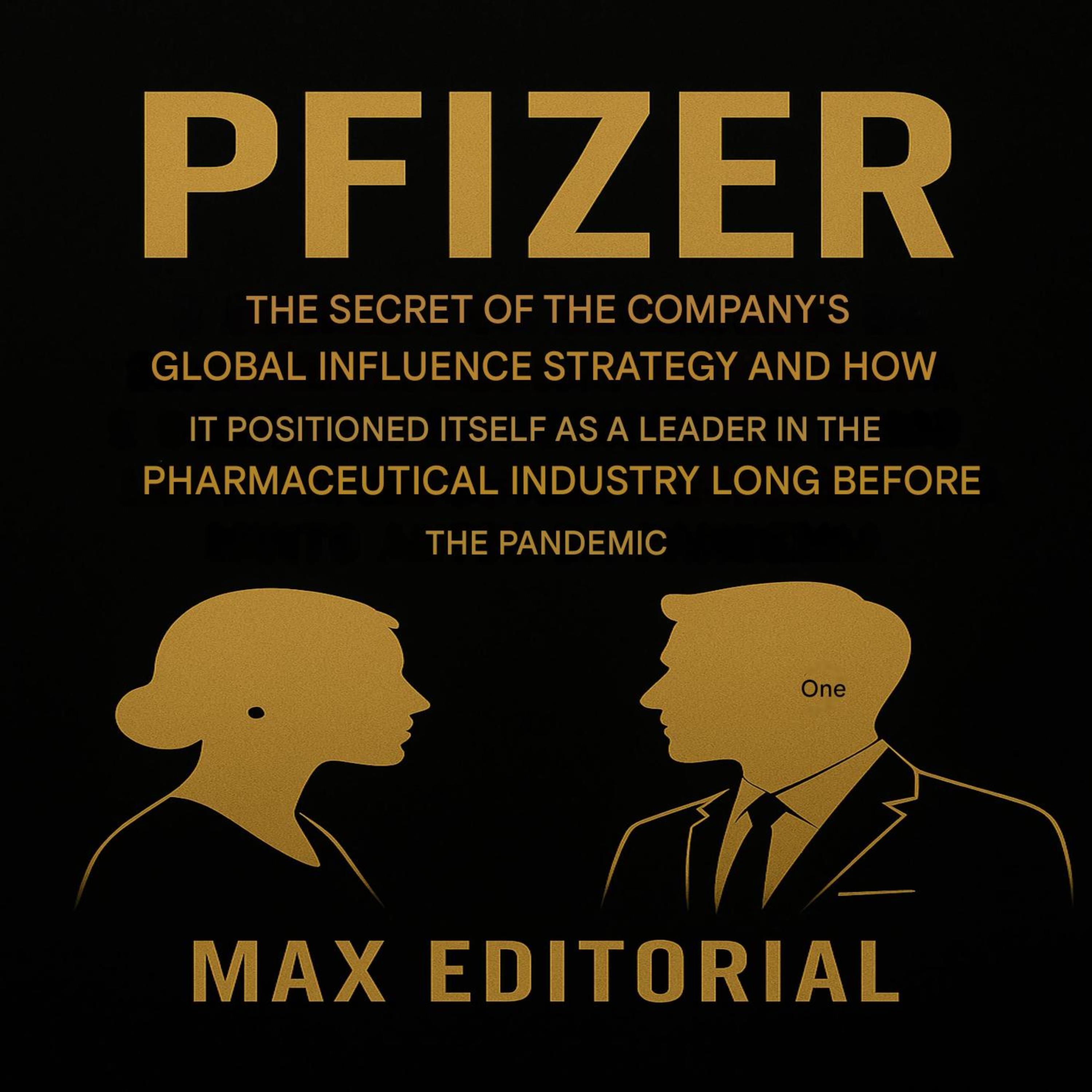The Founding of a Pharmaceutical Empire: Pfizer and Its Early Days
In 1849, Charles Pfizer and his cousin, Charles Erhart, founded Pfizer in New York City with a simple goal: to manufacture high-quality chemicals. The company initially started out producing antiparasitic drugs, but soon became known for its ability to innovate and expand its operations. Pfizer pioneered high-quality pharmaceutical manufacturing techniques, and sought success through its research and emerging technologies.
Over time, the company expanded significantly, absorbing other smaller pharmaceutical companies and strengthening its presence in the global market. The acquisition of new technologies and dedication to research and development (R&D) were the main pillars of Pfizer's rise, allowing it to establish a diverse portfolio of medicines, including treatments for heart disease, infections and cancer.
From the beginning, Pfizer positioned itself not only as a pharmaceutical giant, but also as a brand willing to invest in innovative scientific research to revolutionize medicine. This positioning was decisive in building its global influence, which, over the years, would become a true "secret" behind its leadership.
Practical example: Pfizer, by creating the first large-scale antibiotic, penicillin, helped save millions of lives, consolidating itself as a reference for quality in the treatment of bacterial infections.
